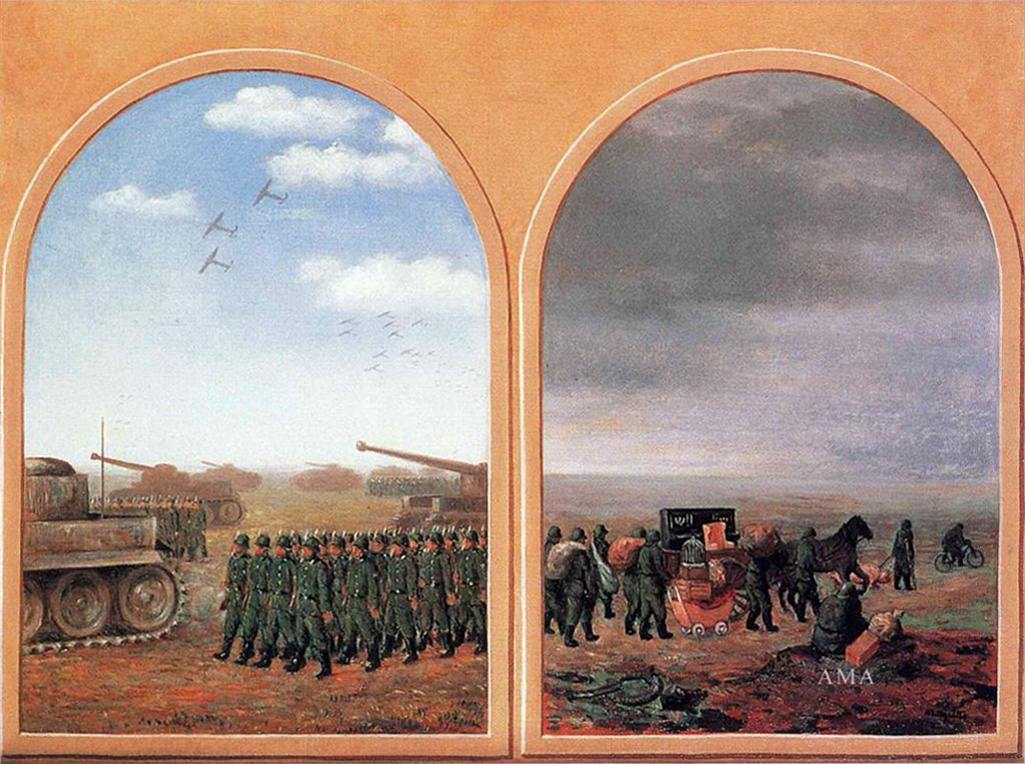Transformations of Dialectic:
Idealism, Materialism, Recursivity Instructor: Anna Longo Date & Time: Saturdays February 22, 29, March 7, 14, 21, 28, April 4, 18 11 AM - 1:30 PM ET

DESCRIPTION: Since Plato, dialectic has been considered a sound philosophical method for seeking truth. Dialectic was meant to provide reasons for accepting and refusing claims within a dialogue in order to highlight the distinctions between opinions about the real versus real knowledge. However, as a philosophical method, dialectic has been criticized with respect to its ambitions, procedures and meaning. Kant’s transcendental dialectic is the analysis of the antinomies of reason, the illusions that prevent reason from accepting the limits of knowledge and the finitude of our understanding. Hagel showed us that the contradictions that reason encounters while seeking the truth are productive steps towards the production of knowledge. This way, he inaugurated the modern dialectics. His dialectic, as the historical unfolding of truth through contradictions, influenced Marx’s and Engels’ materialism while becoming the explanatory dynamics of social, political and economic conflicts.
Since then, dialectic has undertaken further transformations into different directions: as materialism (Althusser, Deleuze, Badiou), as critical theory (Adorno, Habermas), as recursive logic (Gödel, von Foester, Turing), as abductive logic (Peirce, Popper), as inferentialism (Sellars, Brandom). This Seminar aims not only to describe the transformations of dialectic, but investigates how, as the method for seeking truth, it can serve our contemporary need to take responsibility for knowledge in order to unfold the future. The seminar is articulated around weekly selected readings following a chronological order and different opposing perspectives. It will cover ancient, modern and contemporary philosophy from both the continental and the analytic traditions. Through the proposed readings, we will explain the philosophical strategies that motivate specific transformations of the dialectical method and the consequences of the specific moves on the meaning of reason and its objectives. We will reflect on the role of dialectics for present philosophy and how they can be used critically to address the rhetorics of liberalism.
Image: Rene Magritte, Applied Dialectics, 1945
To see The New Centre Refund Policy CLICK HERE.
To see The New Centre Refund Policy CLICK HERE.